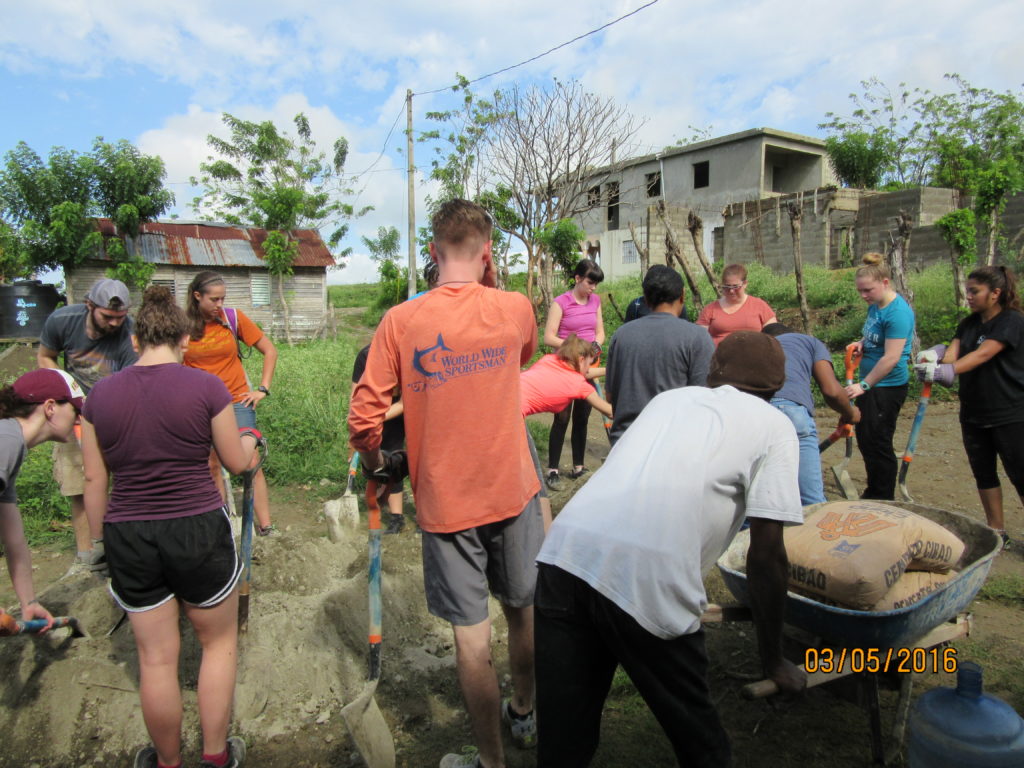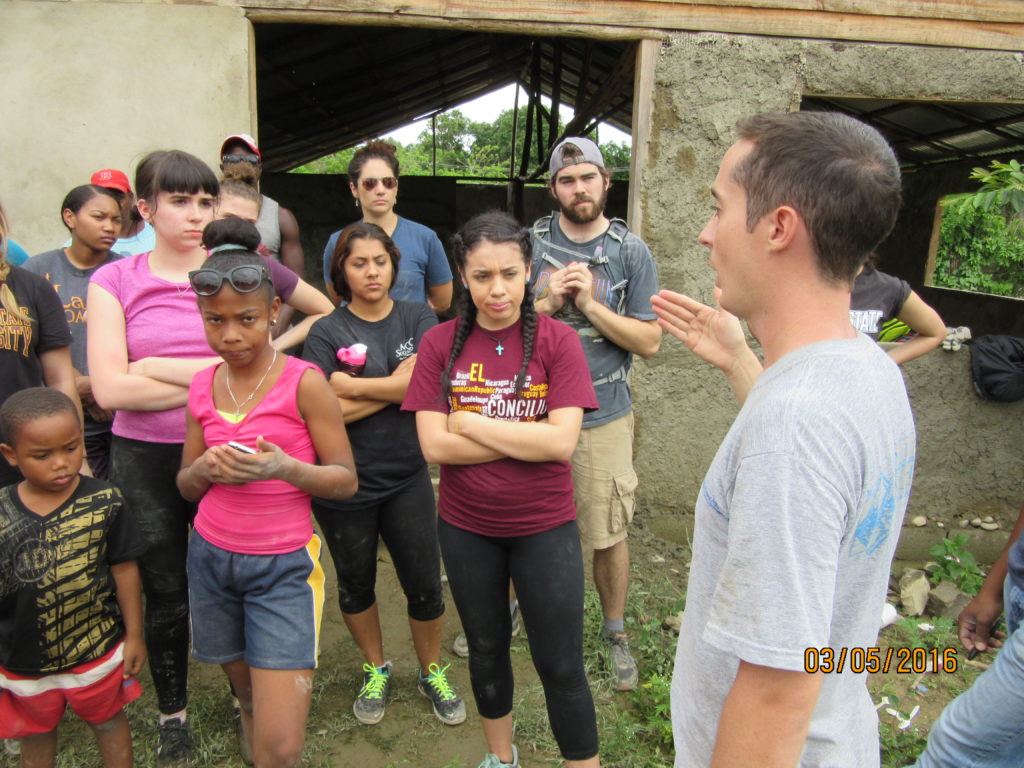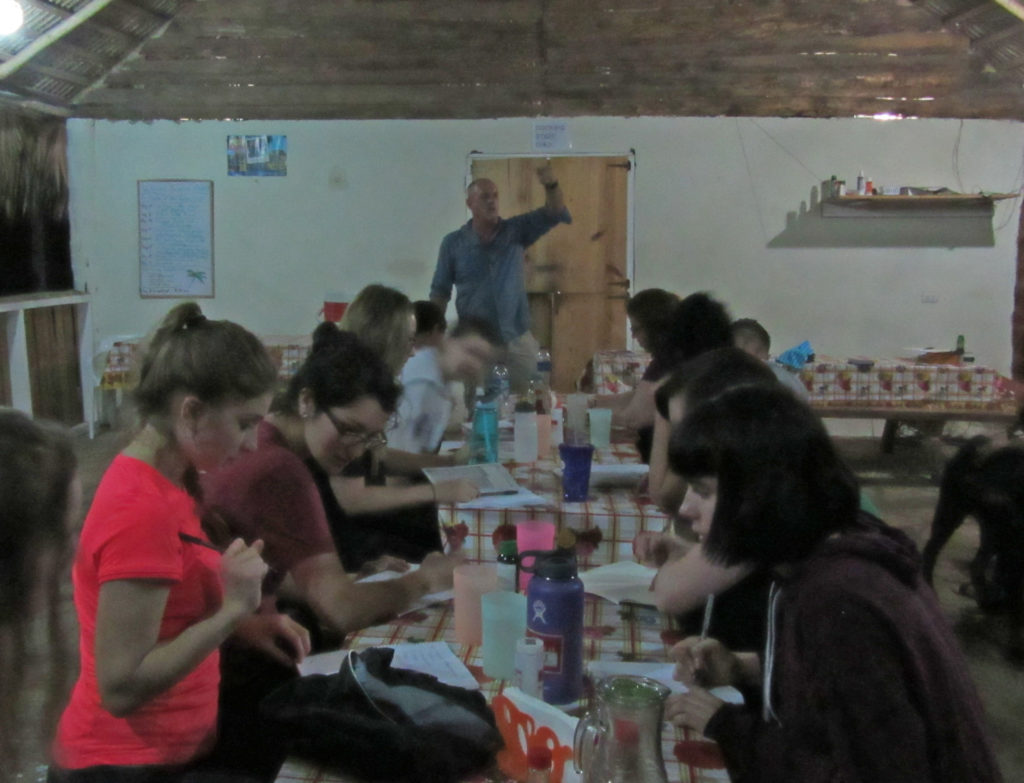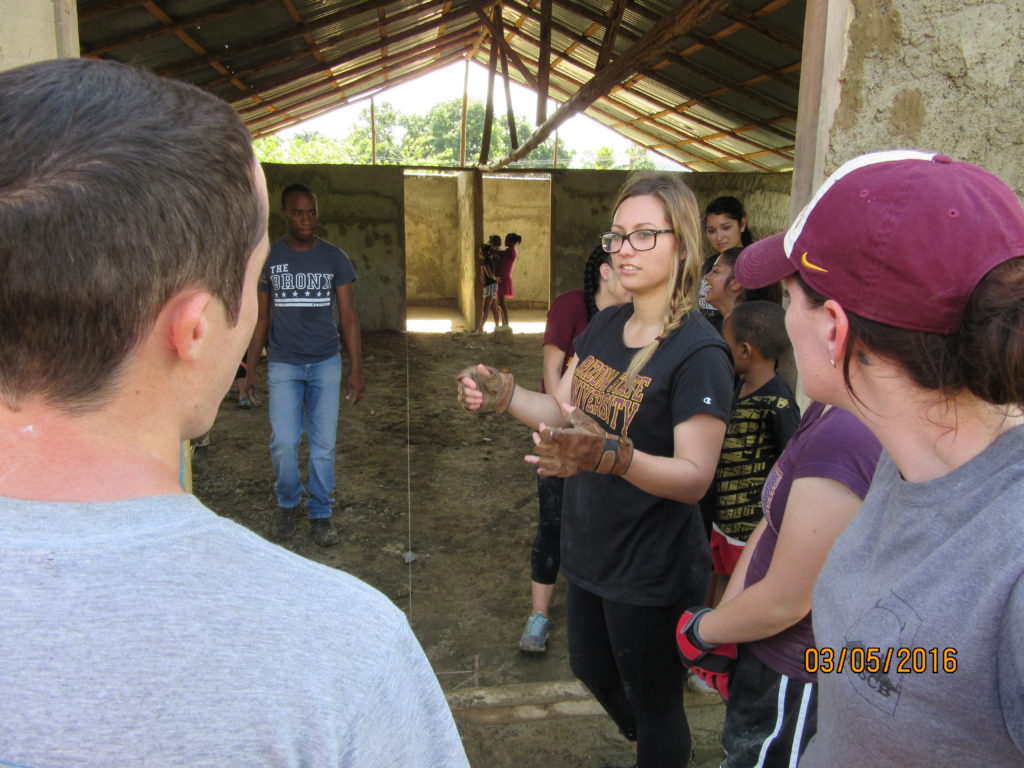You may have heard of GLA’s Dominican Republic: Spring Break Service Adventure program for high school students. But did you know there are opportunities to volunteer abroad during spring break in college as well?
If not, now is the time to begin planning for your future!
While many colleges and universities across the United States offer study abroad courses for students interested in spending a semester or two overseas, the corresponding number of institutions offering service-learning experiences – education crossed with meaningful volunteer work – is much smaller.
GLA’s sister organization, Discover Corps, is affiliated with the National Peace Corps Association and Next Step Travel, and operates a spring break service program for college students in the Dominican Republic. Its first partnership is with Arizona State University, and Jessica Hirshorn, lecturer for the College of Letters Sciences, tied in the program with the new Peace Corps seminar she began teaching this past semester.
Students on this program spent nine days in the Dominican, contributing to a shared service project. The focal points of the program are global development and sustainability, with an eye toward providing lasting infrastructure that benefits local communities.
Education is also imperative to success on this program, as Local Director, Dr. Dave Addison, leads nightly lectures explaining the seven elements of human security. This structured and responsive curriculum directly addresses issues of both local and global magnitude, and ties into how well-meaning volunteers need to consider the repercussions facing communities in developing countries before implementing projects that may have negative impacts on their health and livelihoods.
In order to volunteer with the Peace Corps, applicants must hold a college degree, and many ASU graduates have gone on to serve with the Peace Corps around the world. By going on this trip with a partner of the National Peace Corps Association before graduation, it can help college students make a final determination about whether or not the Peace Corps is suited for them.
If you’re interested in having a Peace Corps-style experience in high school, check out our GLA programs by service type.
If you’re in college or heading there soon, you can check out Discover Corps’ programs for college students and beyond.









